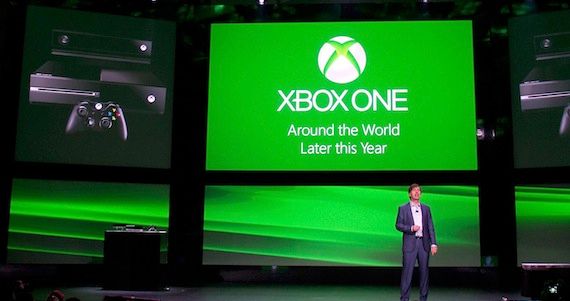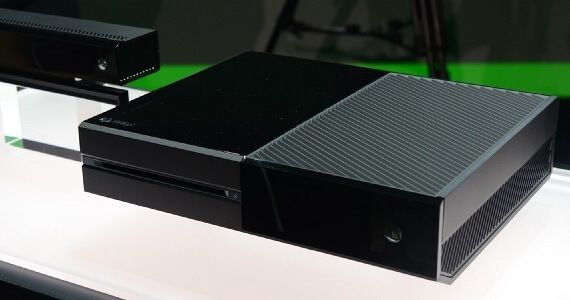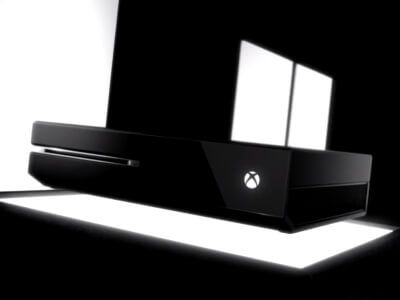As of late, Microsoft has been sending mixed messages at best. While we still aren't any clearer with regards to used games, prices, release dates, launch titles, and a whole wealth of other things that pertain to Microsoft's next-gen console we do know a name: Xbox One.
However, while we know a name, we're still a little fuzzy on why and how Microsoft settled on calling it the Xbox One. Luckily, Microsoft's Jeff Henshaw was on hand for Microsoft's Xbox One reveal event to clear that up.
As Henshaw explains, the Xbox One was designed to be the singular device in a consumer's living room. In Microsoft's eyes, the Xbox One will fill the role of cable box, Blu-Ray player, Internet-browsing PC, and gaming console. In essence, it will be the "one" device you will need.
Moreover, the console will be the first truly powerful console that Microsoft has created. We don't have full specs, but Henshaw teases them in a quote to CNET:
"It only takes a little while before you realize what's going on underneath that name. There's something very powerful about it. Xbox One really embodies the concept that this is the first device, the combination of this very powerful console that brings all its eight cores, 8GB of RAM, super fast memory, super powerful SoC we built, super powerful dedicated audio and video processing subsystems. There's incredible power in this device, married with the next generation of Kinect for really enabling those subtle interactions between you and your entertainment."
Even if Microsoft can introduce some internal logic to their nomenclature, the choice of "Xbox One" is still quite confusing. Most gamers we have heard from are either completely perplexed by the name — especially when compared to Sony's more obvious PS4 moniker — or willing to accept it even if they don't like it. Very few, at least that have commented or vocalized their opinion, seem to actually understand why Microsoft chose that name.
Henshaw's quote might add some understanding, but it doesn't take away from the fact this is not the first Xbox. Again, Microsoft's mixed messages continue to provide little clarity, even if some concrete information is being relayed. Take, for example, Kinect, which may or may not violate gamers' privacy.
Speaking of mixed messages, Microsoft's stance on indie developers and indie publishing appears to have changed since last we reported on it. Shacknews had the scoop, claiming that there are no plans for indie devs to self publish on the Xbox One.
Kotaku, on the other hand, reports that there will be some form of indie support, this according to Microsoft's Head of Interactive Entertainment, Don Mattrick.
"We're going to have an independent creator program. We're going to sponsor it. We're going to give people tools. We're going to give more information. That is something we think–I think–is important…that's how I started in the industry. There's no way we're going to build a box that doesn't support that."
So while we don't have any clear indication as to how Microsoft plans to support indie developers, we do know they will. That might not come in the form of self-publishing, but, as Mattrick explains, there will be a "program."
The hope would be that Microsoft would make things easier for indie developers heading into the next-gen, but that doesn’t' seem to be the case — at least at this point. Still, there's plenty more for Microsoft to explain in the coming months.
What do you think of the Xbox One name? Would failing to support indie developers hurt Microsoft's next-gen sales?
-
Source: CNET, Kotaku



